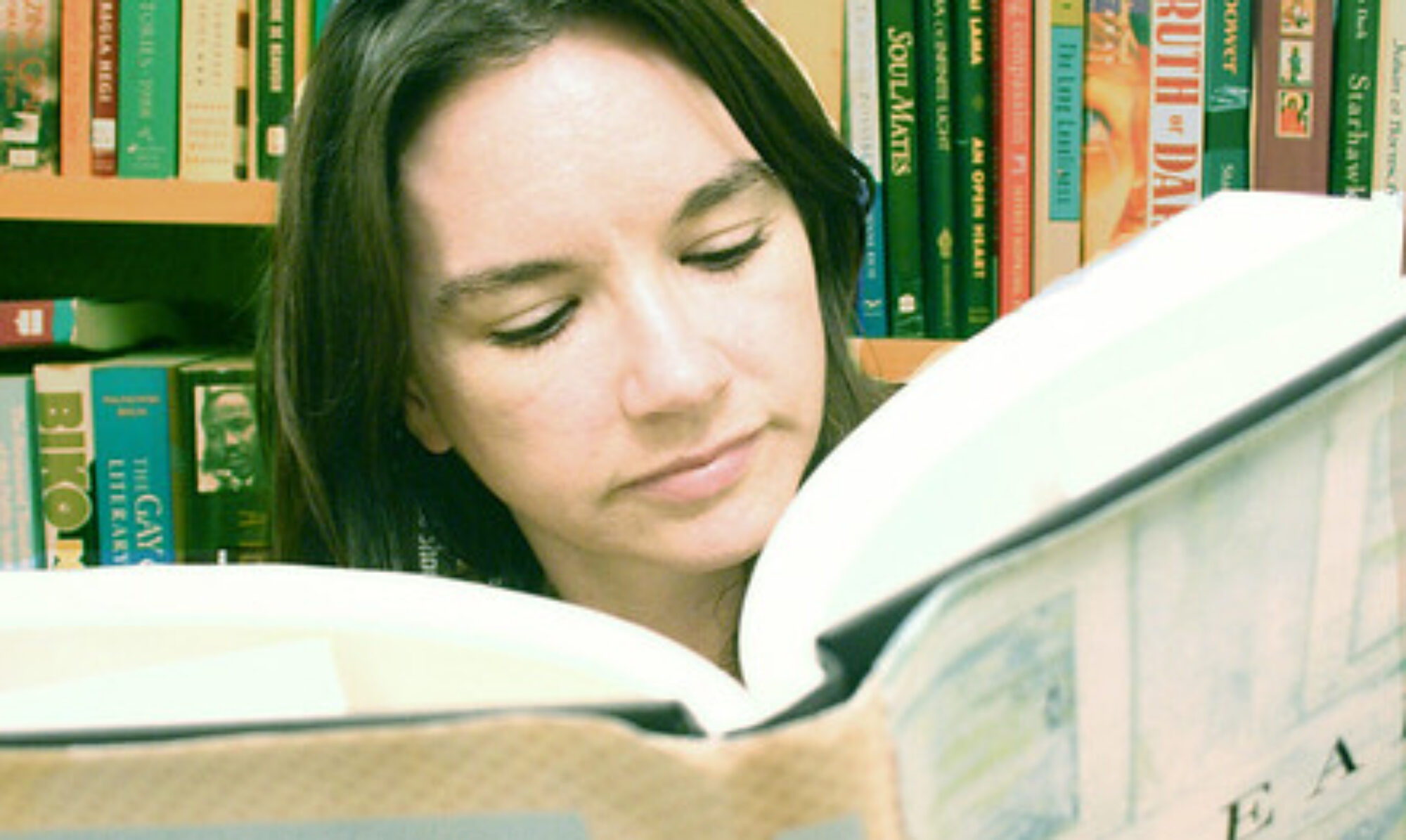Nice, short summary of the basic principles of liberalism from the POV of a British gentleman in 1911. Hobhouse describes liberalism as being more often associated with what it is against rather than what it is for. Liberalism is “a protest” or criticism against “religious, political, economic, social, and ethical” authoritarian orders (p. 14). He says the business of liberalism, “seems to be not so much to build up as to pull down, to remove obstacles which block human progress rather than to point the positive goal of endeavour or fashion the fabric of civilization” (p. 15). This could lead to laissez-faire and it does, but, Hobhouse argues it doesn’t stop there, ultimately because liberalism recognizes not just the natural rights of the individual in isolation but the individual as part of society.
Hobhouse sees liberalism as a restraint not just on the power of the state but on anything that interferes with the rights of individuals, including and especially inequality. The liberal state should act to restrain illiberal forces in society which would violate individual rights because “in the absence of drastic legislative protection, [the state alone] could do something to redress the inequality between employer and employed… true freedom postulates substantial equality between the parties” (p. 47). He sees no inherent contradiction between liberalism and socialism, but he devotes a chapter to describing illiberal socialism.
Of course there are some limitations given that he’s a white man writing in 1911. He’s not sure people of color have the capacity to govern themselves, and his listing of “liberal states” includes the British colonies as colonies, but he does seem to imply that he approves of women’s suffrage (although he doesn’t make that explicit). Overall, I appreciated his above description of what liberalism is and what it requires (active participation by all “intelligent adults” on at least some level) in a society which is committed to protecting everyone’s freedom as much as possible.
